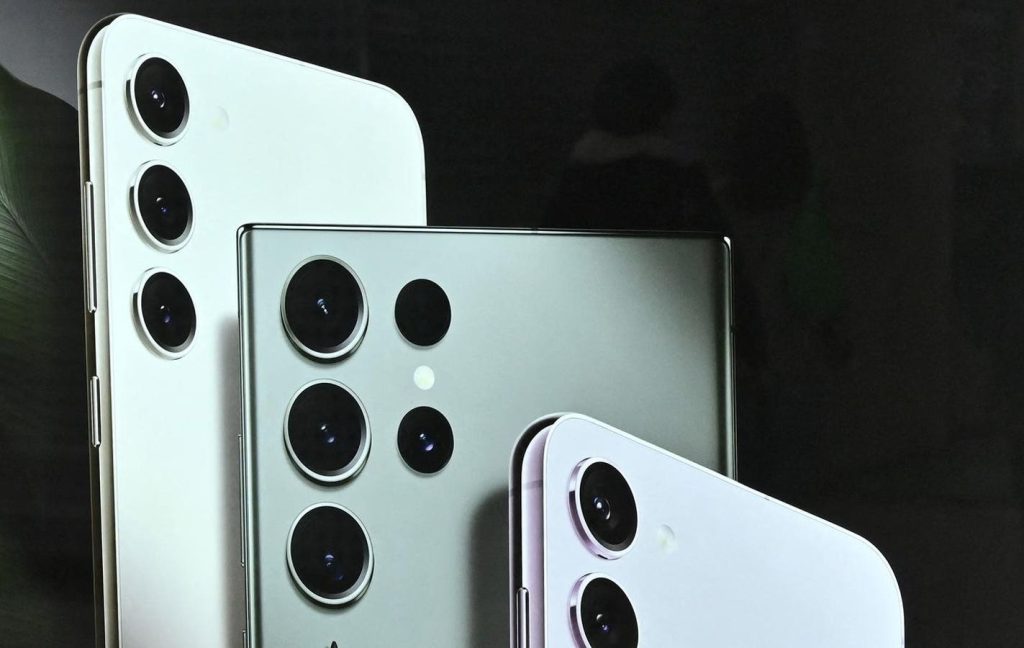As May comes to an end, Samsung Galaxy users continue to experience delays in receiving critical security updates, with some devices still waiting for the latest patches. The rollout has been messy, leaving millions of users at risk. Despite the excitement over the One UI 6.1 update, which brings new features to older phones and tablets, the primary concern remains the timely and efficient issuance of security updates. The confusion surrounding the monthly schedule, based on country, device, network, and lock status, is a cause for alarm.
One two-year-old midrange device recently received the UI 6.1 update without the latest May security patch, causing further concern over delayed critical Android fixes. While some models in select markets have finally received the May security update, others are still waiting, leading to a lack of consistency and clarity in the rollout process. The delayed updates pose a significant risk to users, as they are left vulnerable to security threats that have already been addressed by Google.
In contrast, Apple’s recent update to iOS 17.5 highlighted its ability to quickly address issues and provide global updates to all iPhone users simultaneously. This stands in sharp contrast to Samsung’s fragmented update process, which lacks transparency and efficiency. While Google continues to improve Android security, Samsung’s complex update schedule undermines the effectiveness of its security measures and potentially exposes users to prolonged risks.
Samsung’s response to user complaints regarding the lack of security clarity highlights the challenges it faces in balancing OS upgrades with timely security patches. The random and confusing nature of the update process, combined with the varying delivery times based on region and model, creates uncertainty for users. Not all Samsung devices receive monthly security updates, and some are placed on a quarterly or biannual firmware security update schedule, leaving them vulnerable to potential threats.
While security updates are a critical consideration for users, other factors such as Samsung’s AI capabilities and hardware offerings also play a role in the competition with Apple. As Samsung works to address these challenges, its reliance on Android and Google’s infrastructure may impact its ability to compete with Apple’s privacy-focused approach. As the mobile landscape evolves and security threats increase, Samsung must streamline its update process to ensure timely and consistent delivery of critical security patches to all users.
In a month where both Google and Apple have provided multiple updates to their devices, Samsung’s update process stands out for its complexity and lack of clarity. As users await the resolution of these issues, the pressure is on Samsung to simplify its update process and ensure that critical security updates are delivered promptly to all devices. The ongoing delays and inconsistencies in the update rollout underscore the importance of addressing security vulnerabilities in a timely and efficient manner to protect user data and privacy.













